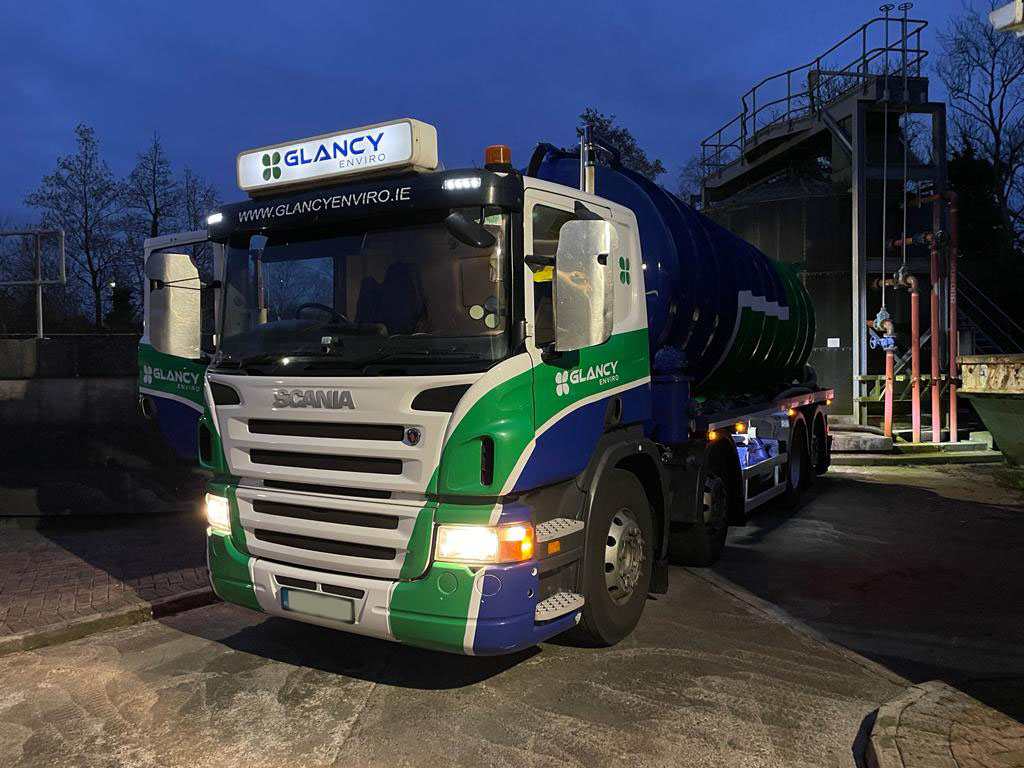Reclaim Waste for Dummies
Reclaim Waste for Dummies
Blog Article
Reclaim Waste for Dummies
Table of ContentsThe Facts About Reclaim Waste RevealedThe Ultimate Guide To Reclaim WasteReclaim Waste Fundamentals ExplainedSome Known Facts About Reclaim Waste.All About Reclaim Waste
With proper fluid waste management, companies can reduce energy-intensive therapy procedures and disposal prices. By complying with a system for taking care of fluid waste, companies can prevent pricey penalties and penalties and prevent unfavorable attention.(https://www.anyflip.com/homepage/imqzz#About)Accumulate representative examples from different points within the waste stream to make sure precision. Fluid waste, specifically harmful ones, postures significant threats during this step.

Disinfection (e.g., chlorination, ultraviolet light, ozonation) and nutrient removal (e.g., denitrification and phosphorus removal) are recommended under rigorous policies. Many firms broke numerous liquid waste disposal policies in current years.
Reclaim Waste Can Be Fun For Everyone

Shallow containers contain fluid waste that is permitted to evaporate through natural procedures. This type of disposal is subject to strict environmental laws due to potentially dangerous emissions.
The findings must be documented, examined, and stored not just for submission to governing authorities yet additionally for making improvements in the future. Use reliable devices, techniques, and software application options to make sure exact and consistent data collection. Remain updated on relevant ecological guidelines and sector requirements. Share details with appropriate stakeholders (e.g., workers, governing government agencies, and close-by communities) to preserve transparency and responsibility.
Despite the firm dimension or market, there are countless challenges connected with this task. Recognizing these can assist them effectively manage their operations and reduce their environmental effect. makes it hard to treat and throw away liquid waste securely. Business that can not invest in centers need to consider teaming up with the public market for far better services.
See This Report on Reclaim Waste
By executing thorough management systems that include therapy and recycling strategies, regular surveillance, threat evaluations, and adherence to local and government policies, industrial centers can add to the defense of groundwater materials, ensuring their schedule for future generations (liquid waste removal). Let's dig into the importance of effective fluid waste management in the industrial industry, concentrating on its ramifications for securing groundwater sources
The air pollution of groundwater resources as a result of inappropriate liquid waste management in the industrial industry has significant effects for human health and wellness, agriculture, and the atmosphere in its entirety. Several of the prospective effects triggered by such air pollution consist of: Infected Alcohol consumption Water Materials: As groundwater provides a substantial part of our drinking water, air pollution from commercial activities can lead to damaging chemicals and microbes entering our water systems, presenting wellness risks for people.
Decreased Agricultural Efficiency: Agriculture counts heavily on groundwater for watering; consequently, polluted water can impede plant returns, pollute farming products, and impact food security. Provided the value of maintaining groundwater sources, it is critical for companies to take an aggressive position in handling their liquid waste sensibly and preventing contamination.
Unknown Facts About Reclaim Waste
Fluid waste can infect land and contaminate waters. Under the Protection of the Atmosphere Procedures Act 1997, services that create liquid waste are required to manage it in such a way that protects the setting and the neighborhood. Information regarding managing and storing liquid waste, replying to spills and reducing liquid waste is readily available in the following click to find out more fact sheets and guidance:.
Water, the essence of life, is under constant risk from contamination. The role of waste monitoring specialists in protecting this precious resource can not be overstated. Their solutions include: Septic system and oil catch cleaning: Necessary for avoiding unsafe contaminants from entering our water systems. Polluted water and polluted effluent monitoring: Ensuring that unsafe liquids are safely gotten rid of and treated before they can hurt our water sources.
Therefore, integrating sustainable fluid waste monitoring into financial planning enhances financial stability and protects the atmosphere, showing the worth of this strategy. In final thought, adopting specialist fluid waste administration practices is essential for ensuring a lasting future, securing our atmosphere and safeguarding the well-being of future generations.
When it comes to getting rid of waste, sticking to appropriate treatments is essential for a wide range of reasons. Correct waste disposal is not almost cleanliness; it's regarding guaranteeing the wellness of our atmosphere, health and wellness, and the efficient use resources. Recognizing the relevance of efficient waste management can aid all of us add to a much healthier, cleaner planet.
More About Reclaim Waste
Efficient waste management aids preserve tidy streets and public areas, reducing the aesthetic influence of clutter and making certain that waste does not harm wild animals. When waste is not thrown away properly, it can bring about contamination, where unsafe compounds can seep right into the soil, water systems, and the air, creating long-term ecological problems.
Report this page